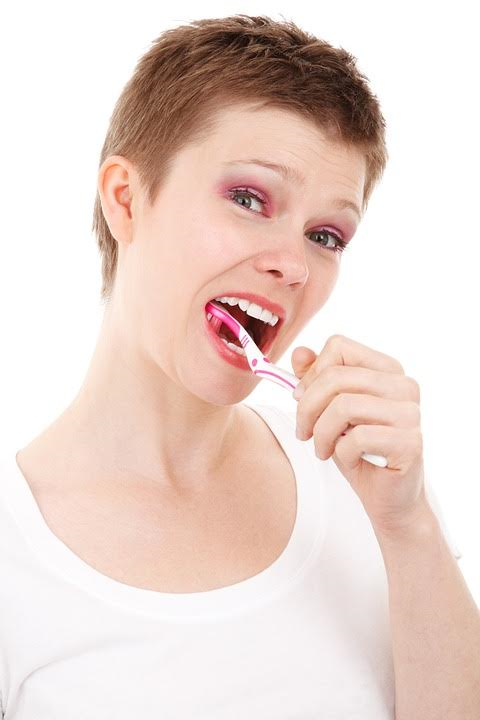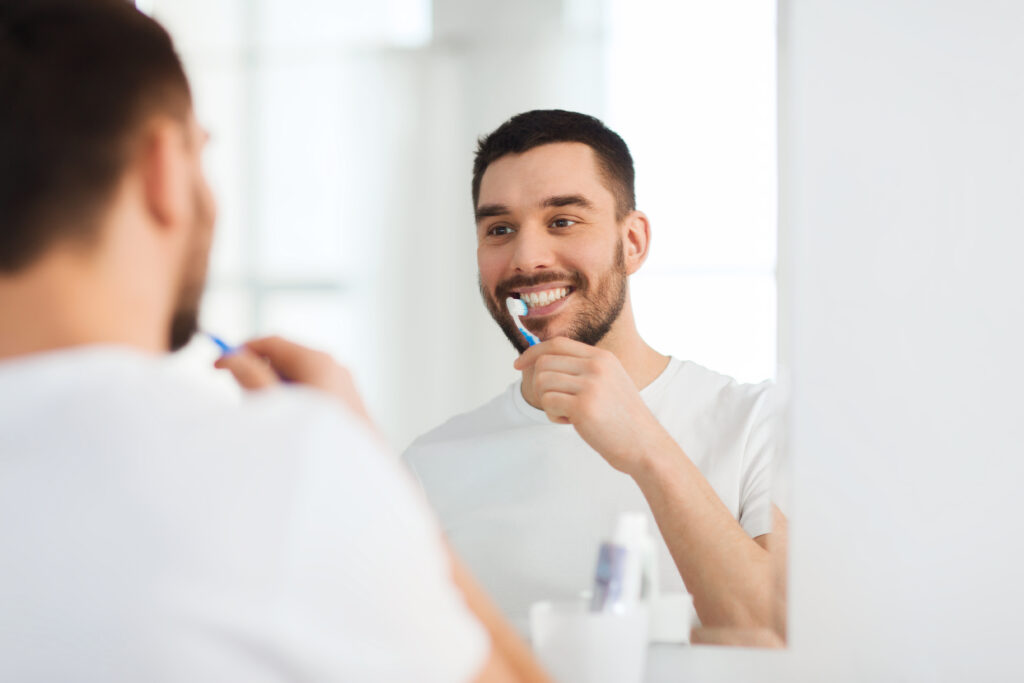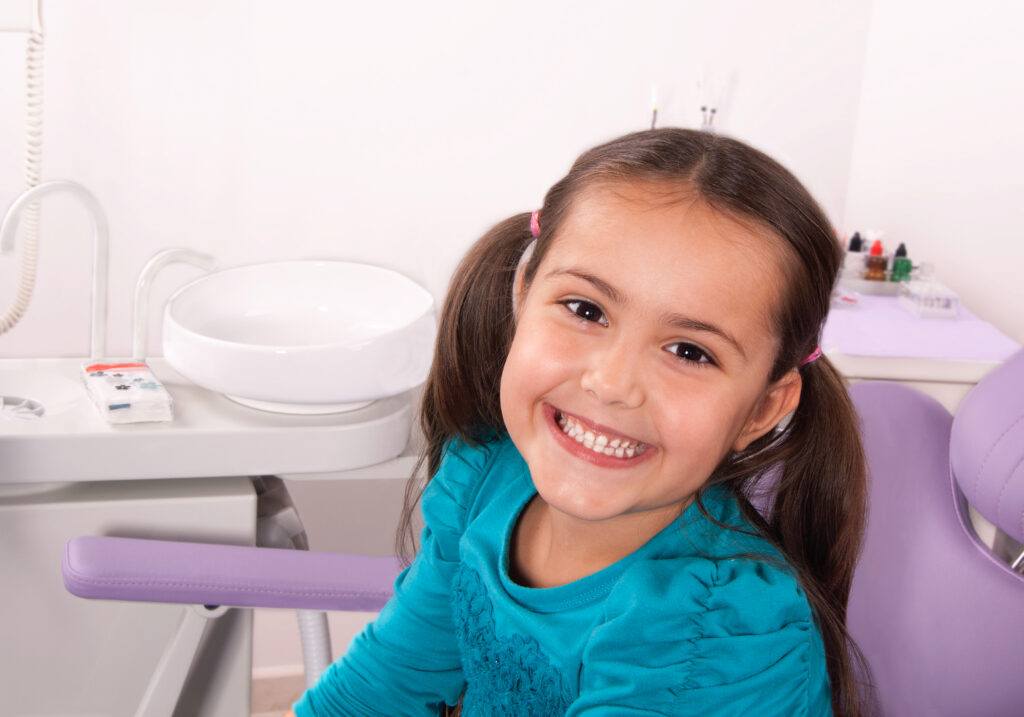When it comes to oral health, protecting your teeth and gums are often the focus. However, did you know that your tongue needs proper care as well? Your tongue is responsible for many essential functions like swallowing, tasting, and talking, but it can harbor bacteria that harms your oral health. Learn how to keep your tongue healthy by following these four treatment tips.
Practice Optimal Oral Hygiene
Brushing and flossing twice a day will protect your mouth from pesky bacteria, but make sure to brush your tongue as well. As an alternative, try using a tongue scraper once a day. Tongue scrapers will scrape away any build up that has formed on your tongue.
Drink Plenty of Water
If you are dehydrated, it’s possible for your tongue to lose moisture and become uncomfortable. Drinking water ensures your hydration and will wash away food particles and bacteria from the surface of your tongue. Proper hydration can also prevent bad breath.
Maintain a Healthy Diet
Your tongue is a muscle, and what you eat can affect its health. Fill your diet with foods that are rich in vitamins and minerals, calcium, lean protein, and fiber. Avoid eating processed foods and treats that are filled with sugar.
By visiting your dentist at least twice a year for a routine cleaning and examination, you can protect your tongue, teeth, and the rest of your mouth. During these visits, we will thoroughly check all aspects of your oral health. We will then work with you to create an oral health plan that is tailored to your needs.
Don’t let your oral health slip by neglecting proper care for your tongue! Put these four tips into practice so you can enjoy a bright and healthy smile. Contact our office today to learn more about proper oral care or to schedule your next appointment.















